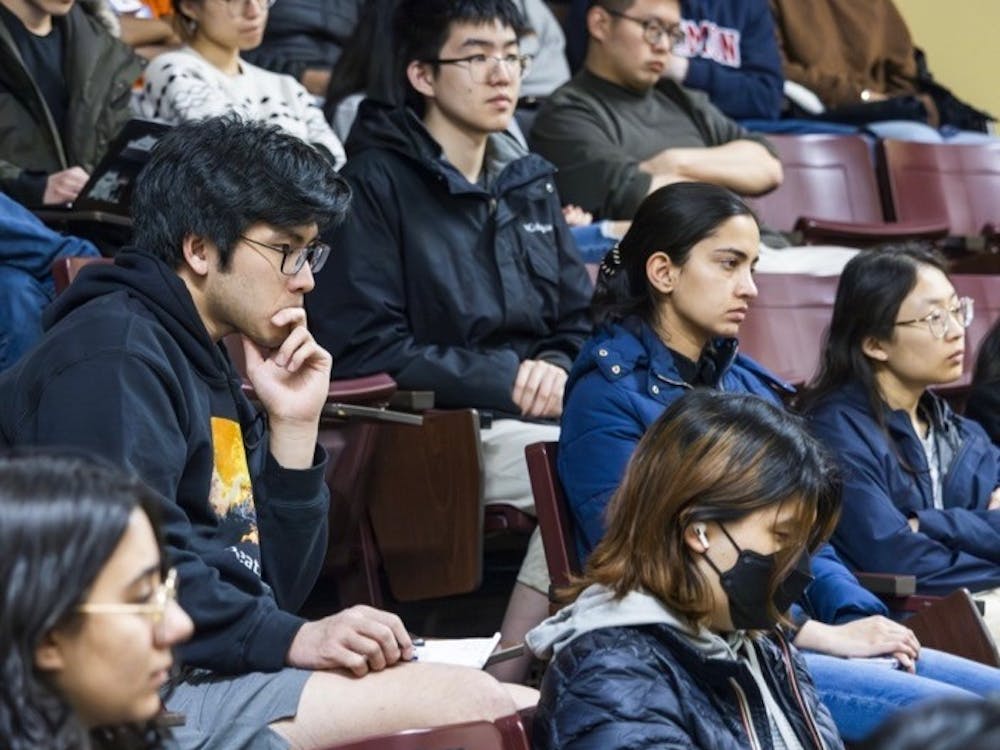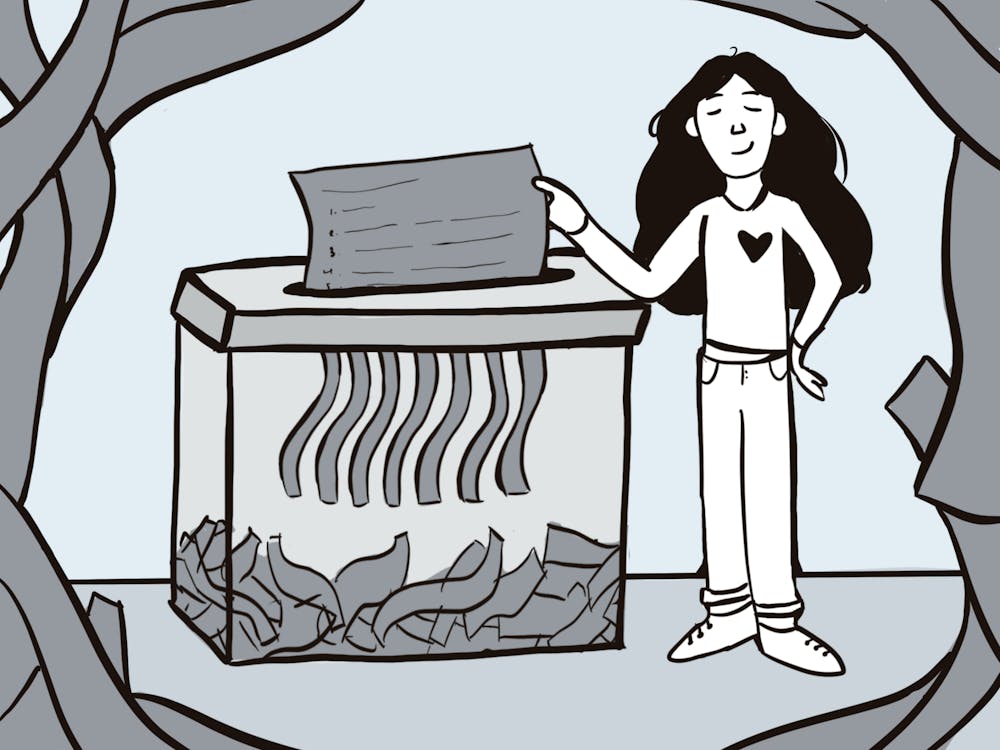
A month ago, I woke up to the worst text I had ever received in my life. It was a suicide note from a close friend. A few hours later, when another friend and I found him, it was far too late.
The days immediately following my friend’s death were remarkably tough. As someone living with depression and anxiety, getting out of bed everyday is a challenge anyway, but this event made it almost impossible. I didn’t shower for days. I barely ate or drank. Going out of the house and meeting up with people I knew well made me nervous, even though I am an extrovert.
I would frequently be late to things, because I was throwing up out of anxiety. Nothing interested me. I have “depressive episodes” from time to time — a period of a few days when I consistently have a low mood and level of motivation — but this one was deep. I was not sure how I was going to crawl out of it.
A few weeks later, I’m at a stage of grieving in which I can reflect. I try to console myself with the idea that my friend ultimately made his decision to find liberation and peace from this world, but that does not mean he is no longer with me. Even so, there is something irreversibly jarring about his death — the shock always remains fresh even though the reality is final and unchangeable.
I wake up everyday having to remind myself that my friend is never coming back. There are no cheery “Morning!” texts from him to respond to. There are no more sassy comebacks from him at which to roll my eyes. There is no one to blow my nose and cry with while eating Indian food. There are no more late-night talks with him about whether or not life has any meaning.
Beyond the loneliness I feel, there is also guilt. I always wish I could have talked to him a little bit longer on each phone call. I could have spent a few more hours with him whenever we hung out. I could have paid better attention to warning signs.
I could and should have done more to help, especially as someone who has experienced many of his symptoms myself.
But I also think that my guilt shouldn’t overpower my recognition of the challenges that he faced and the fact that mental illness affects everyone differently, so let me come right out and say it: My friend was battling C-PTSD (Complex Post-Traumatic Stress Disorder).
C-PTSD differs from PTSD in that it is a result of chronic or repeated trauma, and symptoms can include change in self-perception (sense of helplessness, guilt, isolation from other humans), persistent paranoia, dissociative episodes, nightmares or other forms of reliving the traumatic events and a high risk of suicide.
These are all symptoms that my friend struggled with in his everyday life, but as he often said, he was more than his C-PTSD. Let me tell you about some of the things I admired about my friend.
My friend was empathetic, brave and strong. He often talked about how he tried to live on after experiencing sexual assault in the hope that others might be able to relate, feel less alone and find the hope that he felt he ultimately could not find.
And indeed, he did do his best to live on. He had a full life as a student at Hopkins, and after graduating last spring, he kept seeking out and pursuing new learning experiences and friends which, to me, was nothing short of incredible.
My friend had a vision for himself. Last year, while on a medical service trip, he texted me to tell me that he had removed a goiter the size of a heart!
He added excitedly that he also got to scrub up, make incisions and apply stitches, and that he hoped to do surgeries like this on his own someday. When he got back to Baltimore, I never got tired of hearing the story again and again.
My friend had a limitless capacity for love. He loved each of his friends so wholly, unapologetically and fervently for who they were. He was also generous with his time, energy and words.
He would rush to comfort me anytime I was sad, upset or stressed, or to cheer me on anytime I wanted to celebrate a success ranging from “I got out of bed today and went to class” to “I got an interview at my top choice med school!”
His heart was just so open; it surprised me sometimes so much that I didn’t know how to respond. It is with deep regret that I admit I was too afraid to say “I love you” back to him in his lifetime.
So, here I am saying it (far too late, but I’m hoping you are reading this, my dear) — I love you too, forever and always.






















Please note All comments are eligible for publication in The News-Letter.